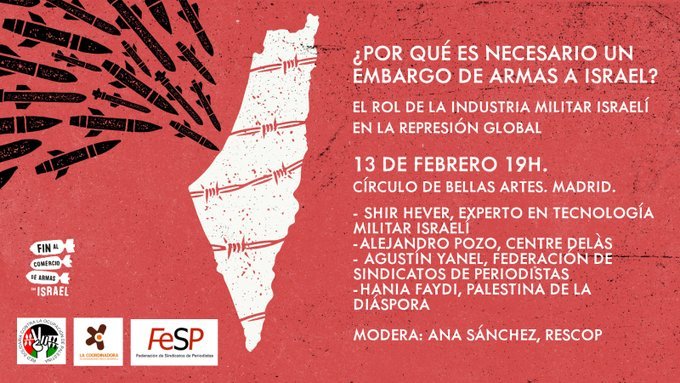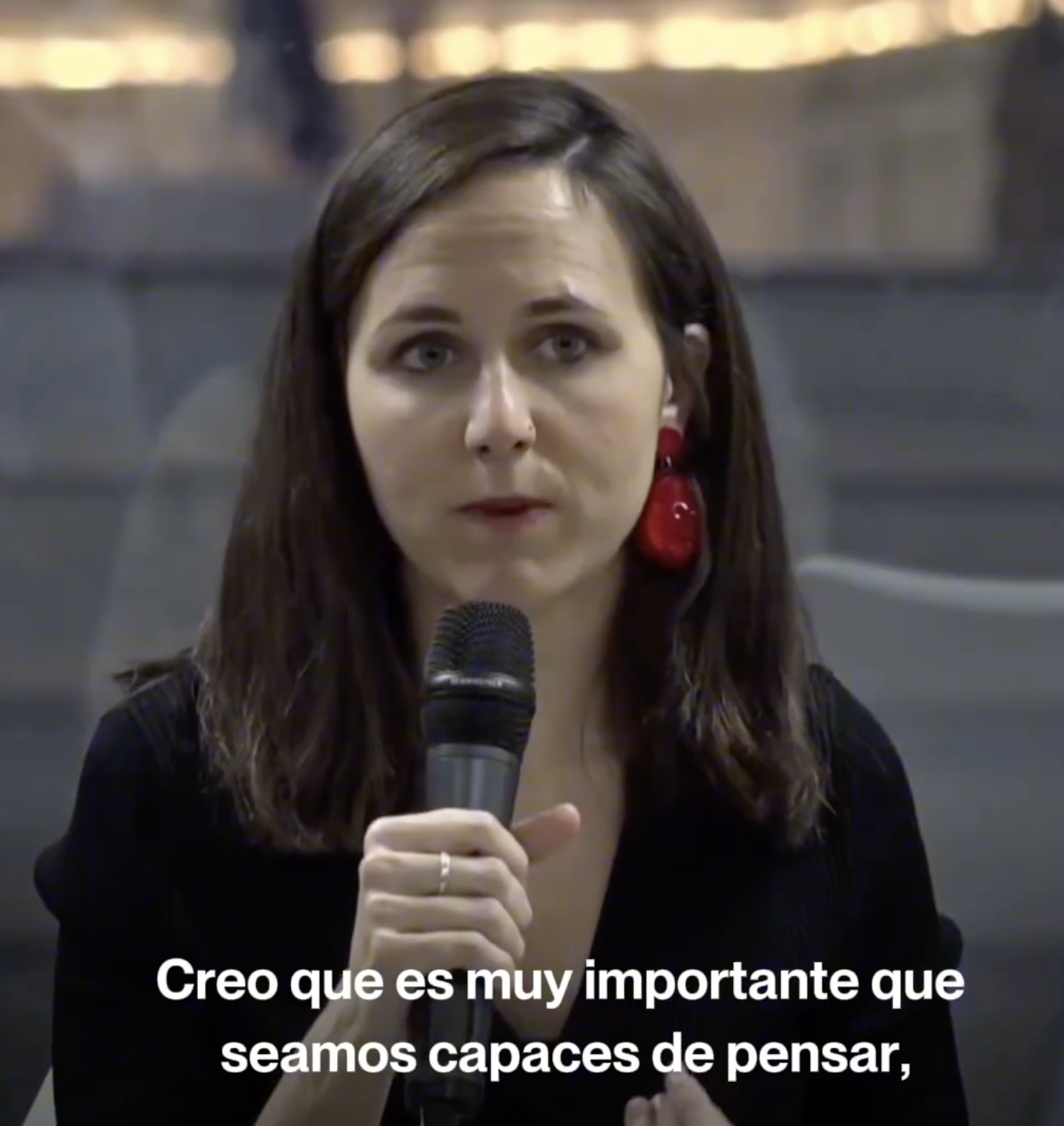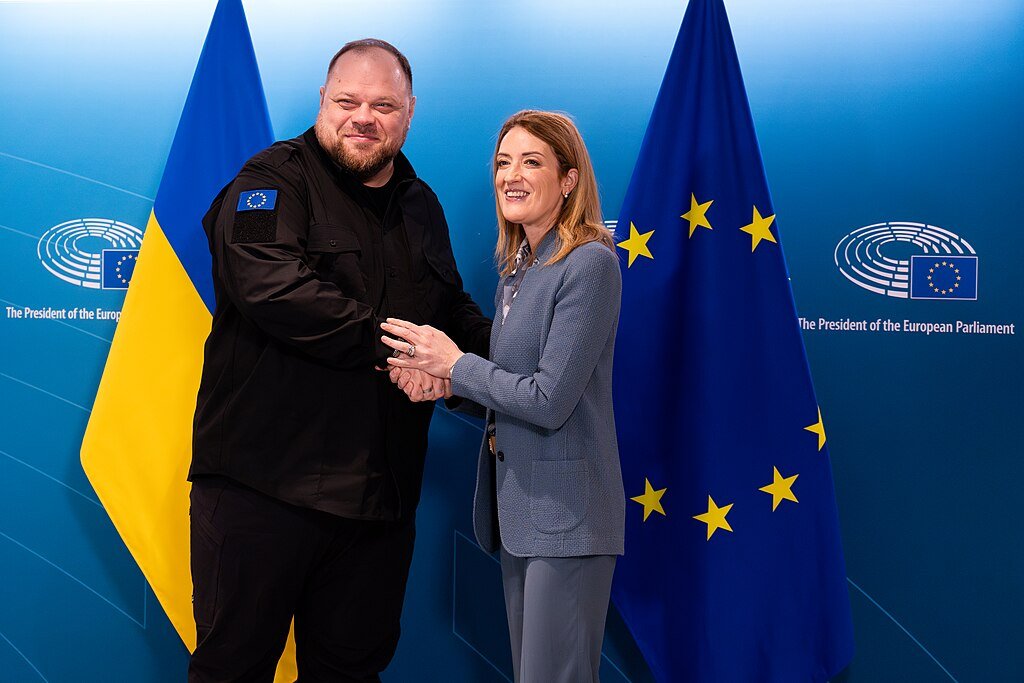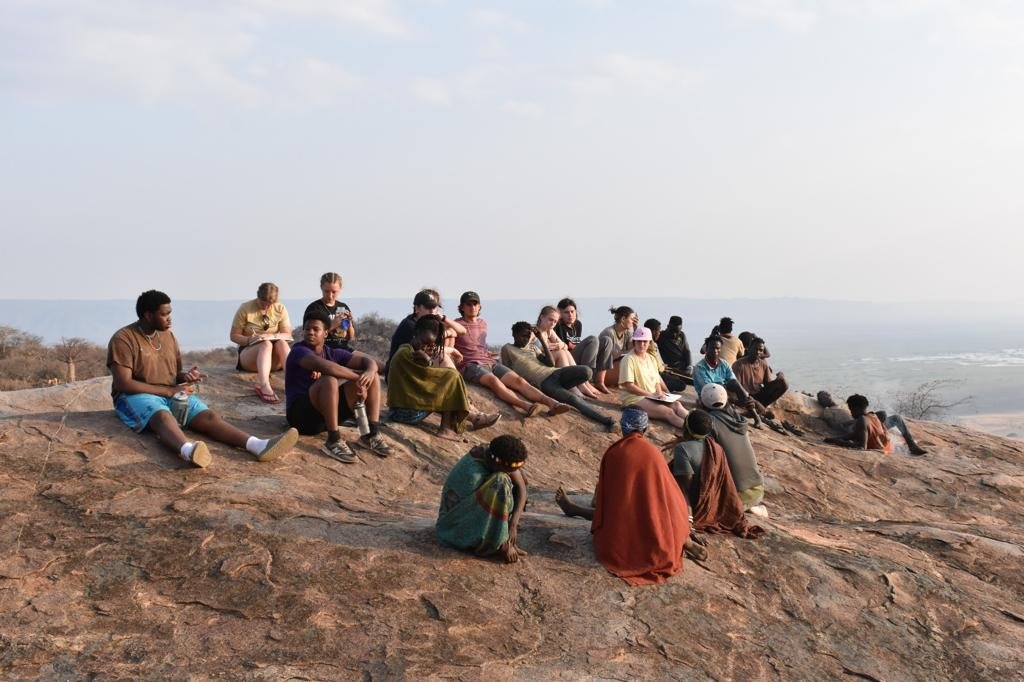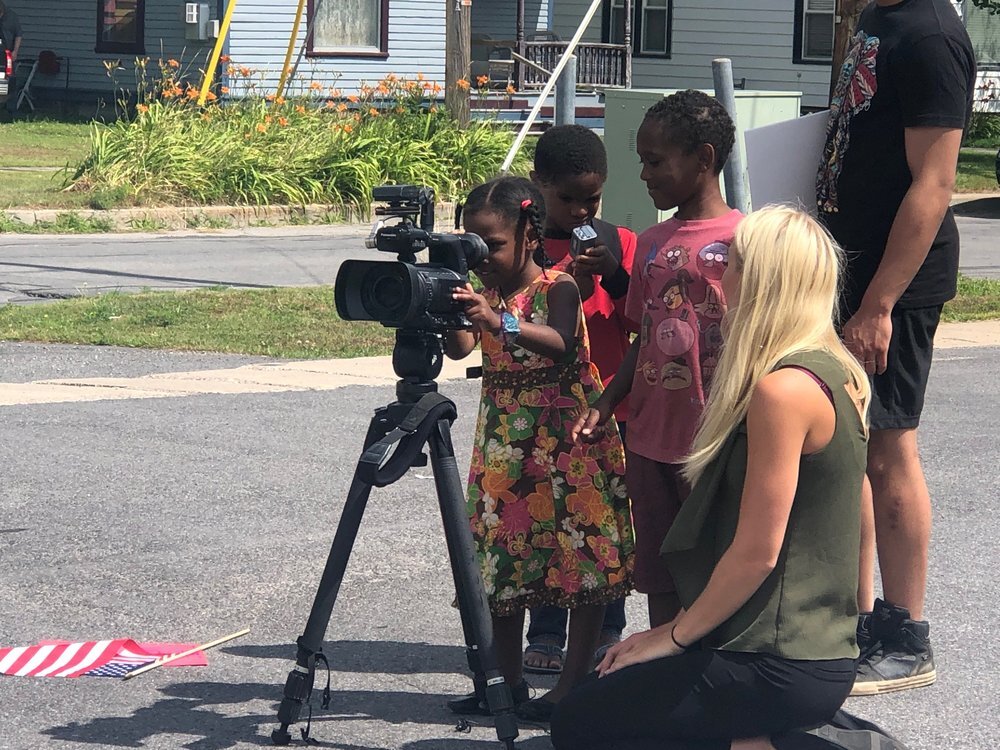
Stories
News

Analysis
Voices
Podcast
Announcements
Events

All Stories
Byte the Bullet: NYT Takes on Tech Titans in a Copyright Showdown Over AI
In a seismic collision of technology and journalism, December 2023 witnessed The New York Times (NYT) thrusting the issue of artificial intelligence (AI) into legal and ethical crossfires. The NYT lodged a lawsuit against tech giants and AI-industry leaders Microsoft and OpenAI, pinpointing their ChatGPT language model for alleged copyright infringement. The charge is weighty: ChatGPT purportedly harnessed millions of NYT articles, even those shielded behind paywalls, to mold its language learning capabilities.
Colonization in Palestine is an Objective Reality, Not a Talking Point
As recently as a few years ago, it would have been very unusual to see an article in a major US publication openly trying to refute what much of the world knows: that Israel’s project in Palestine is a settler colonial project. The standard practice was simply to ignore the colonization issue. Yet in recent months, we are seeing more and more pieces seeking to debunk the “decolonization narrative,” all the more so since Israel began its genocidal assault on Gaza after the Oct. 7 Hamas attacks. This is a welcome sign that the colonizers are losing control of the narrative.
“This is not a defense”: Retired Spanish General on Israel’s War in Gaza
As Israel continues its brutal assault on Gaza, I continue to be struck by the difference between some of the news coverage here in Spain (as imperfect as it is) and the coverage I am used to seeing back home in the U.S. In my previous article, I wrote about the Spanish public television program La Noche en 24H and the interview they aired with former International Criminal Court prosecutor Luis Moreno Ocampo. Today I focus on a subsequent interview from the same program aired last night (October 19, 2023).
Media Confronting Genocide: Open Discussions vs. “Shadow Bans”
As I noted in my recent report on Madrid’s October 15, 2023 Palestine solidarity march, protesters here in Spain have been seeking to focus attention on the genocidal aspects of Israel’s actions in Gaza. “No es una guerra, es un genocidio!” (“It’s not a war, it’s a genocide”) is one of the most common slogans heard at these solidarity events. For this reason, I was very interested in an interview featured in Spanish public broadcaster RTVE’s nightly news program La Noche en 24H last evening (October 18). Program host Xabier Fortes sought to shed light on the genocide issue by speaking with one of the most important international voices on war crimes prosecution. It was a refreshingly direct conversation.
6 Key Takeaways from Spain’s “Debate of 7”
In my first article from Spain, I set the stage for the country’s upcoming national elections on July 23, focusing on the threat posed by resurgent fascist movements. Now it’s time to dig deeper into the complex political dynamics animating the campaign as well as some of the social forces shaping how the campaign is being waged and covered in the media.
The Killing of George Floyd: International Reactions (UPDATING)
This post gathers international responses to the killing of George Floyd in Minneapolis. While this is obviously a major news story in the United States, it is important to understand that the world is watching is well. The post will be updated regularly.
NPR and Angela Davis: A Tale of Mythology and Missed Opportunities
By John Collins
At a time when socialism is enjoying a resurgence and the structural flaws of capitalism are coming under greater scrutiny, when the evils of mass incarceration are being openly discussed, when even US support for Israel is on the table for debate in Washington, there is no better moment to seek out the prophetic voice of Angela Davis. Yet as John Collins notes in this news analysis piece focusing on National Public Radio (NPR), her voice is rarely found in the broadcasts and pages of US establishment media.
In Vogue: Localism as a Response to Globalization in Geneva, New York
By Eliza Maher
Though not a global city, Geneva, New York, located in the Finger Lakes region of the state, has become increasingly popular among tourists, entrepreneurs, culinary artists, and young, creative people. In the first installment of our new “Glocal Dispatches” series, Eliza Maher critically analyzes the revitalization of Geneva into a city driven by local businesses, art, music, Hobart and William Smith colleges, and Seneca Lake, and explores the shift to an image-saturated society. However, the shift, often characterized as positive, innovative, and diverse, fails to acknowledge the influence the urban branding will have on the minority groups in Geneva who cannot afford the lifestyle driven by localism.
Iran's "Twitter Revolution" - Western Media's Flawed Coverage of the Green Movement
By Rob Williams
In this piece originally published by the Global Critical Media Literacy Project, Rob Williams and Emily von Wiese deconstruct the media narrative surrounding the role of Twitter in Iranian political protest.
Covering the Margins, Part IV: Abstract Poverty in Ahmedabad
By Kali Villarosa
Poverty is universal. No matter where in the world, there are always discussions and debates surrounding the poor: individuals who are struggling economically and unable to maintain a comfortable livelihood. But the issue with the term “poverty” itself is that it remains an umbrella term; it moves the conversation away from the specific groups (whether defined by race, religion, ethnicity, or some other category) that make up an “impoverished” population and instead lumps them all together under the general category of “poverty.” This is a problem because different groups have different needs, yet most methods and discussions of poverty alleviation rarely take these distinguishing circumstances into account. In Part IV of her Covering the Margins series, Kali Villarosa investigates how this plays out in news coverage of urban marginalization in Ahmedabad, Indian.
Covering the Margins, Part III: Racial Normalization in Buffalo
By Kali Villarosa
In the third installment of her Covering the Margins project, supported by a fellowship from the NY6 Upstate-Global Collective, Kali Villarosa takes a close look at news coverage of problems affecting African American communities on Buffalo's East Side. She finds a significant difference between the coverage provided by the city's two most influential news outlets (WBFO and The Buffalo News, respectively), on the one hand, and the city's African American newspaper (The Challenger Community News), on the other. The latter outlet, she argues, "stands as the guide for what should be incorporated into the more mainstream outlets and also points us toward the realization that individuals themselves must question their news sources, their content, and the impact of these coverage patterns on their city."
Covering the Margins, Part II: Promoting Buffalo Through Piecemeal Portrayals of Refugee/Immigrant Populations
By Kali Villarosa
In a period of increasing political contention and global displacement, the conversation around refugees, immigration status and documentation/legality has become more prominent within the news media. In the second installment of her Covering the Margins series exploring news coverage of marginalized populations in Buffalo, NY and Ahmedabad, India, Kali Villarosa examines how three news outlets in Buffalo have framed the story of refugee/immigrant populations in order to tell an especially celebratory story about the city itself.
Covering the Margins, Part 1: From Buffalo to Ahmedabad
By Kali Villarosa
In the first of her series comparing news coverage of urban marginalization, Kali Villarosa introduces us to two cities on opposite sides of the world that share important patterns in how marginalized communities are represented: Buffalo (NY) and Ahmedabad (India).
Interweaving: Jared Fesler and Chase Palmieri on 'Crowd-Contested Media'
By John Collins
In this installment of our Interweaving project, I speak with two of the founders of Tribeworthy, a new media startup based in northern California. I met Jared Fesler and Chase Palmieri at the 2016 Media Freedom Summit and subsequently integrated the beta version of the Tribeworthy platform into one of my undergraduate classes. They recently launched a new version of the platform.
Big Questions with Simona Sharoni
By John Collins
Weave News videographers Julianne DeGuardi and Erica Sawyer recently had the pleasure of sitting down with scholar and activist Dr. Simona Sharoni (Professor of Gender and Women's Studies at the State University of New York in Plattsburgh) during her visit to St. Lawrence University, where she presented a workshop on student and faculty activism. In this interview, part of our ongoing Big Questions project, Sharoni speaks about a range of contemporary issues ranging from the importance of independent media to struggles for social justice in Palestine, on US college campuses, and elsewhere.
HFCs and Technological Fundamentalism in the News
By Emily Gerber
In this news analysis post, Weave News contributor Emily Gerber explores how coverage of hydroflurocarbons, or HFCs, illustrates the prevalence of what scholar Robert Jensen calls "technological fundamentalism" in American journalism.
















